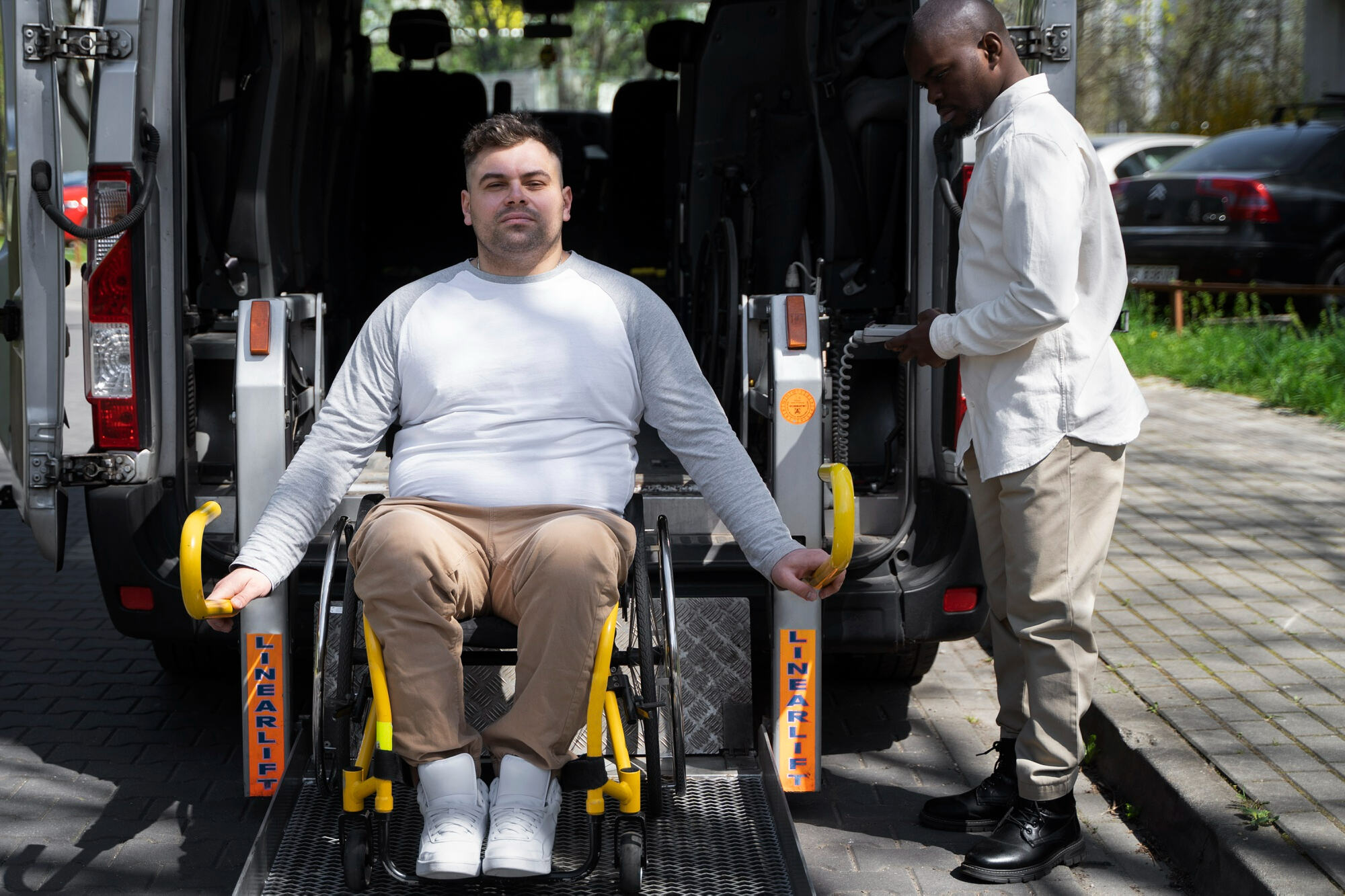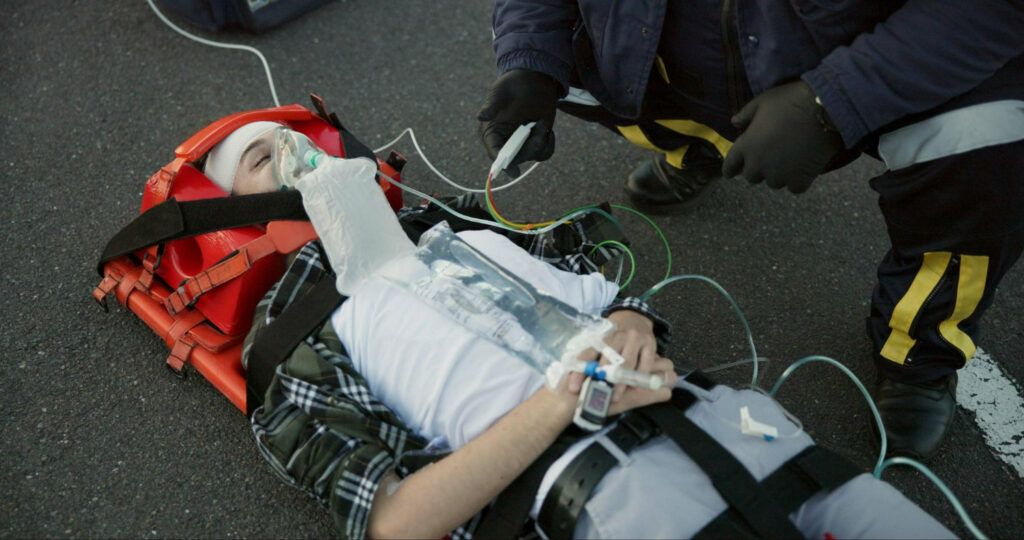Every year, thousands of Texans face life-altering changes due to spinal cord injuries sustained in auto accidents. These injuries not only disrupt the lives of the victims but also pose significant challenges in terms of medical treatment and legal compensation.
Understanding the types of spinal cord injuries and their implications is crucial, particularly in a bustling metropolis like Dallas where the roads can be as unpredictable as the outcomes of these traumatic events.
This article aims to shed light on the different types of spinal cord injuries that commonly occur during car accidents. We’ll explore the medical complexities and the legal avenues for securing rightful compensation.
For anyone navigating the aftermath of such an injury, or their families looking to support them, this guide will provide essential insights to manage both the recovery journey and the associated legal challenges effectively.
Types of Spinal Cord Injuries

Diagnosis and Prognosis of Spinal Cord Injuries

Legal Considerations in Spinal Cord Injury Claims
When dealing with types of spinal cord injuries resulting from auto accidents in Texas, the legal landscape is as intricate as the medical aspects. Understanding the legal implications is crucial for anyone seeking to navigate the complexities of Texas accident claims effectively.
Determining Fault
In Texas, determining fault in car accidents involves a detailed examination of the events that led to the incident. Texas operates under a “modified comparative negligence” rule, which means that a victim’s compensation amount is reduced by a percentage equivalent to their fault in the accident. If a victim is found more than 51% at fault, they are barred from recovering any compensation.
For victims of spinal cord injuries, where damages can be extensive, establishing fault accurately is vital to securing Texas injury compensation. Legal representation becomes indispensable here for understanding and countering claims of shared fault that might reduce potential accident compensation in Texas.
Claiming Compensation
Compensation in spinal cord injury cases typically encompasses several components. Victims may be entitled to recover costs for immediate and ongoing medical expenses, which are often substantial given the nature of types of spinal cord injuries.
Additionally, compensation for lost wages, if the injury affects the victim’s ability to work, and pain and suffering, which accounts for the non-economic impact of the injury, are also calculated. In more severe cases, claims might also include compensation for long-term disability and lifestyle adjustments, making the advice on maximizing settlement in Texas particularly pertinent.
Statute of Limitations
Victims must also be aware of the statute of limitations for personal injury claims in Texas, which generally allows two years from the accident date to file a lawsuit. This time limit is crucial because failing to file within this period can permanently bar victims from seeking compensation. For those dealing with types of spinal cord injuries, the clock starts ticking at the time of the accident, making timely legal consultation essential. Houston settlement advice often stresses the importance of initiating legal proceedings as early as possible to avoid these pitfalls.
For anyone in Texas dealing with the aftermath of a car accident that resulted in a spinal cord injury, understanding these legal considerations is crucial. The complexity of these cases often requires navigating through detailed legal and medical evaluations, making the guidance of an experienced Texas accident payouts lawyer invaluable.
By aligning with skilled Texas compensation tips and settlement strategies in Texas, individuals can ensure their rights are protected and compensation is maximized in the wake of life-altering injuries.
Seeking Legal Help in Dallas

Navigating Recovery and Compensation: Your Next Steps
In conclusion, understanding the types of spinal cord injuries resulting from auto accidents is critical not only for the medical management of these injuries but also for securing the necessary compensation to support recovery and adaptation to new life circumstances. These injuries can be life-altering, and the compensation received is pivotal in facilitating comprehensive rehabilitation and long-term care.
Whether dealing with an incomplete or a complete spinal cord injury, the implications extend beyond immediate medical needs and involve long-term financial, physical, and emotional adjustments.
That’s why it’s crucial to approach your Texas accident claim with a clear understanding of the potential Texas injury compensation you might be entitled to, including car accident settlements for medical costs, ongoing care, lost wages, and pain and suffering
Ensuring Comprehensive Protection: The Value of Personal Injury Protection in Dallas

Why Choose Freese & Goss?
At Freese & Goss, our team of experienced Houston personal injury lawyers specializes in navigating the complex landscape of Texas settlement amounts. We understand the profound impact a spinal cord injury can have on your life and are committed to advocating for the full compensation you deserve.
With a deep understanding of Texas compensation tips and a proven track record in maximizing settlement in Texas, we can help you through every step of your claim process.
If you or a loved one has suffered a spinal cord injury due to an auto accident in Dallas, don’t navigate the legal challenges alone. Contact Freese & Goss today to schedule a consultation.
Our expert team will review your case, provide tailored Dallas settlement advice, and outline effective settlement strategies in Texas to ensure your rights are protected and your needs are met. Call us or visit our website to learn how we can help you achieve the best possible outcome for your Texas car accident claim.








